Apparently, scent bypasses the rational part of your brain and goes straight to the subconscious. There it stirs up emotions and conjures up memories linked to this smell. If you spent your childhood summer holidays at grandparents, say, and they perhaps grew lots of scented phloxes, chances are a whiff of these flowers will send your mind back to those days spent at granny's. You can't help it, it just happens. For me, mock orange - Philadelphus, in German also called "peasant's jasmine for it's strong summery fragrance - always turns me into a little girl again: crouching under a big shrub in full flower next to a Seventies apartment block, drunk on the smell and happy no-one spotted me in my secret hide-out.
There weren't many azaleas around where I grew up. But until I started school my family, in late May or June, used to stay in the holiday-home of an old, widely travelled natural scientist. My parents would tell me how he once had been invited to meet the Emperor of Japan and other stories that fired my imagination. And in his garden there were exotic plants we couldn't normally get hold of in East Germany. From slide images my dad took I know there were yellow azaleas, too. So I suppose my ungraspable flashbacks have something to do with these holidays. But what exactly?
Eventually though, she sets him a task: when they first met, he had told her that her name reminded him of something but he didn't remember what it was. If she was ever to accept his hand in marriage, she says, he must first find out what it was that her name reminded him of. And so he goes on a quest, his personality changing entirely in the process. A while later Iris dies of some illness but encourages him to continue searching because, as she points out, he will know by now that it is about far more than just gaining her love. Finally, as an old man, he finds his magic kingdom of childhood days again and - whilst his body is dying - wanders happily into it once more.
The Nicotinias fell prey to slugs and snails, but there is another noticeable fragrance in my garden right now - that of Gardenia 'Kleim's Hardy'. As heady as Gardenia jasminoides which you'd buy for indoors or conservatories, but has been happy in a pot outdoors all year round with me for several years now. It is evergreen, safe that period in late spring when I always think I've killed it because all of a sudden its leaves turn yellow and drop off. It's the one standing on our table outside since it looks great all year round and now I have its perfume straight in my nose.
Not a summer addition in our climes but one I can't wait to smell again is Frangipani. And hopefully, after almost a decade, I will be able to do so soon - we're off on holiday! Naturally, I'm all excited by the prospect - not least because of the frangipani. So have a lovely few weeks and see you back here after the holidays!
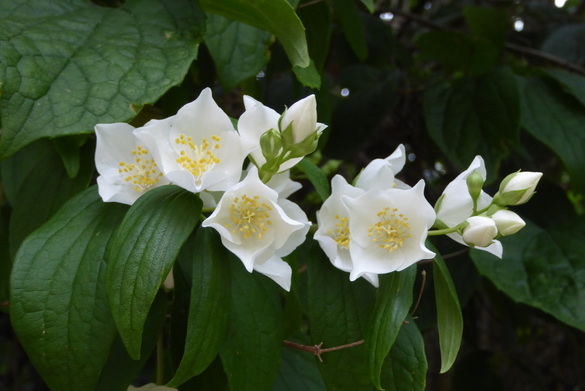
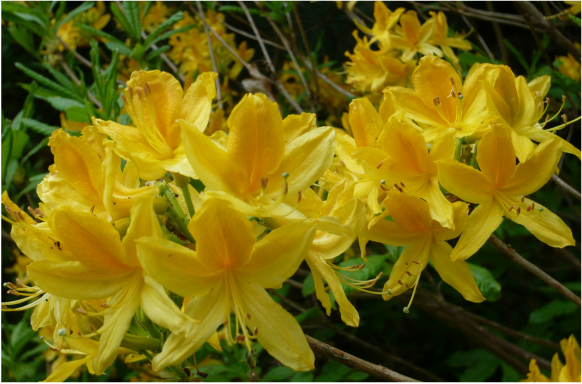
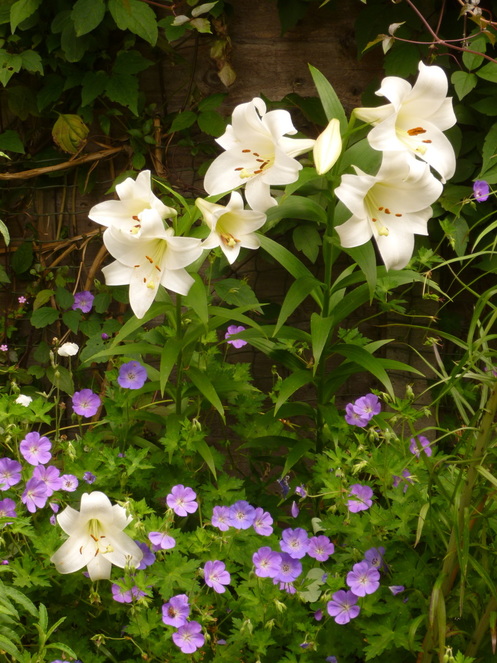
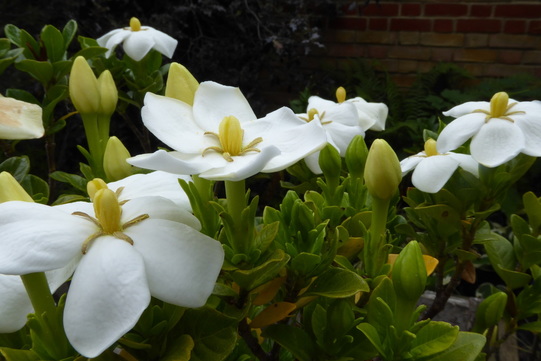
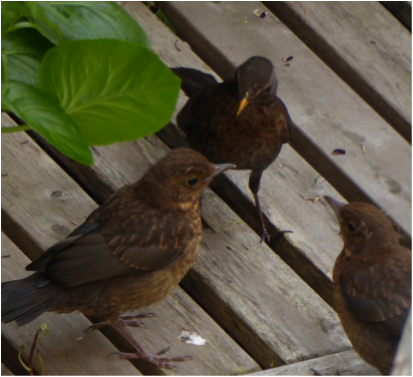
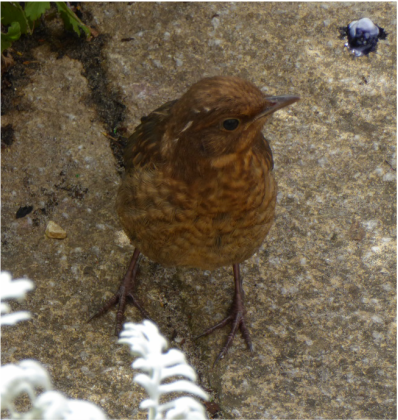
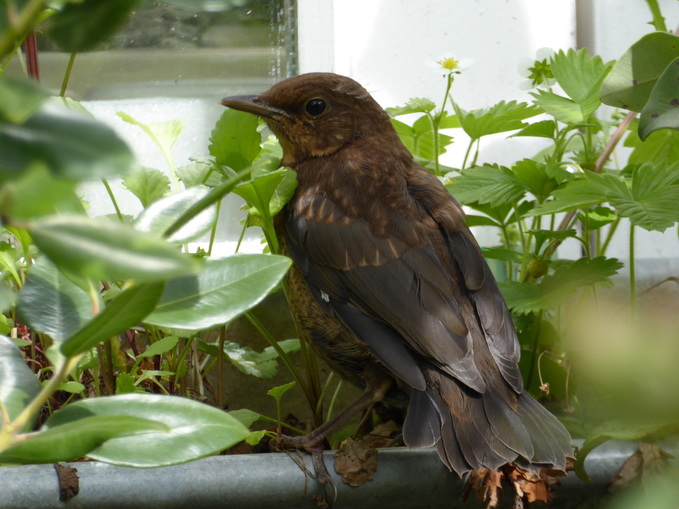
 RSS Feed
RSS Feed